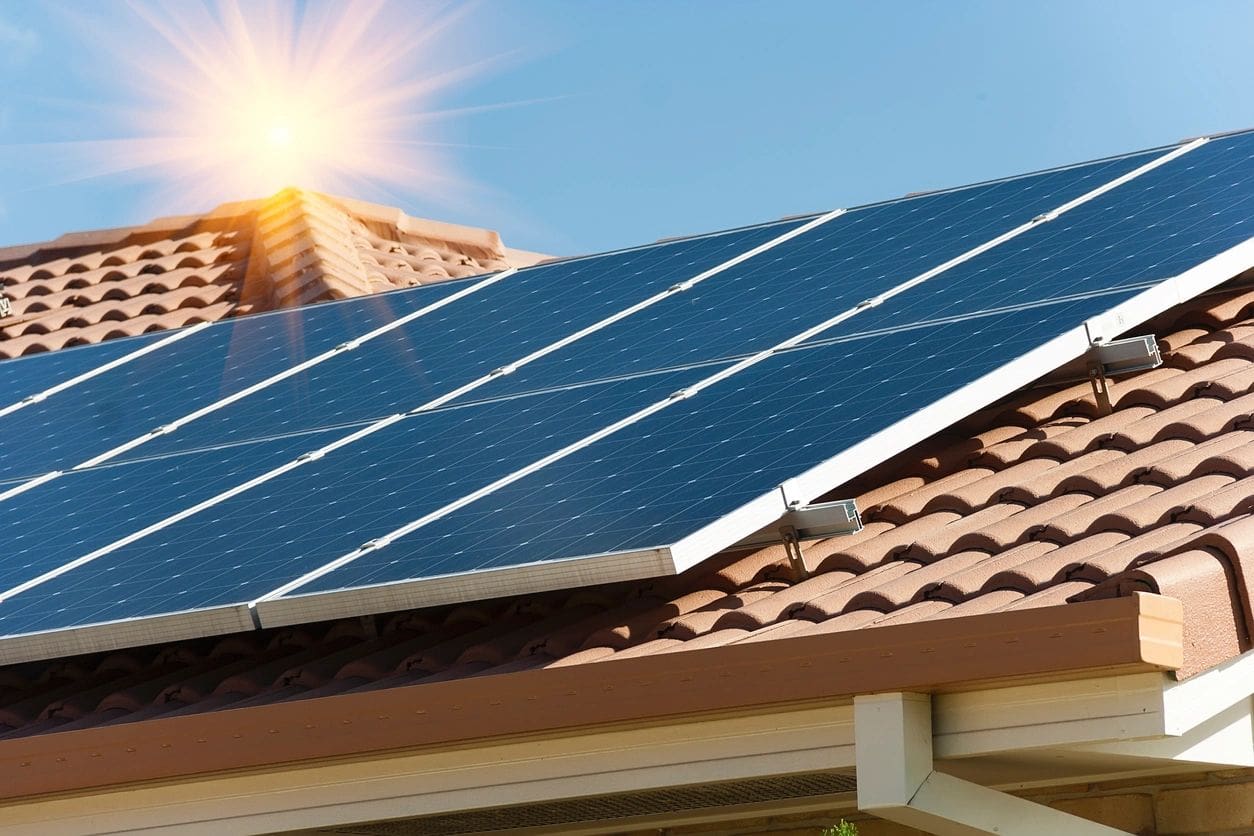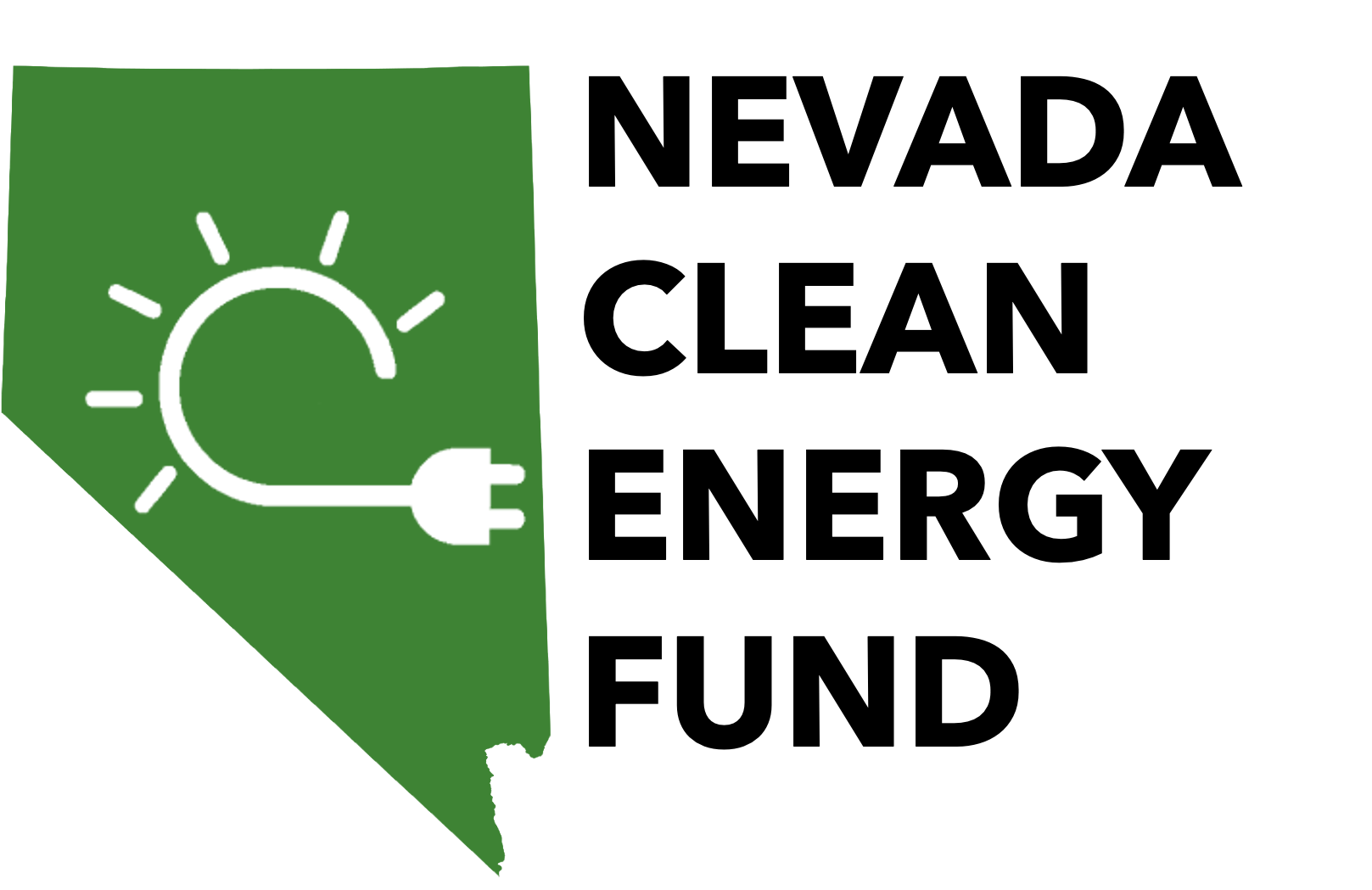
What You Should Know About Solar for Your Home
As more homeowners seek sustainable ways to lower their monthly energy bill, solar power has become an increasingly popular choice. Harnessing the sun’s energy for residential use not only helps reduce electricity bills but also contributes to environmental conservation. Read on for an overview of residential solar energy, answers to common questions, and key considerations before making the switch, including essential solar consumer protections. What your should know about solar for your home before you get solar.
Solar Energy for Residences
Solar energy systems for homes typically consist of photovoltaic panels that convert sunlight into electricity. These panels are usually installed on rooftops, although ground-mounted systems are also an option. The generated electricity can power a home’s appliances, lighting, and other electrical needs. Any excess electricity can often be fed back into the grid, potentially earning homeowners credits or payments through net metering programs.
If you live in Nevada and are interested in exploring solar energy solutions for your home, consider filling out our Solar for All interest form. This form will help us understand your needs and provide you with the best options and information on available incentives and programs.
Benefits of Solar Energy
- Cost savings: One of the most significant benefits of solar energy is the potential for substantial savings on electricity bills, often through the Net Energy Metering (“NEM”) incentives provided by the utility. Depending on the system size and local energy rates, homeowners can significantly reduce or even eliminate their monthly electricity costs. However, residents should ot expect solar to entirely eliminate their bill.
- Environmental impact: Solar energy is a clean, renewable resource that reduces greenhouse gas emissions and dependence on fossil fuels. By going solar, homeowners contribute to a more sustainable and eco-friendly future.
- Increased home value: Homes equipped with solar energy systems often have higher property values. Prospective buyers are increasingly seeking energy-efficient and cost-saving features in homes.
- Energy independence: Solar energy allows homeowners to produce their own electricity, reducing reliance on utility companies and providing a buffer against rising energy costs.
Common Questions About Solar for the Home
How Do Solar Panels Work?
Solar panels are made up of many solar cells that capture sunlight and convert it into direct current (DC) electricity. This DC electricity is then converted into alternating current electricity by an inverter, which can be used to power household appliances and systems.
How Much Does a Solar Energy System Cost?
The cost of a solar energy system varies based on factors such as the size of the system, location, and installation complexity. Recent estimates put costs at “about $14,321 to $21,960 for a 6-kilowatt system before factoring in the 30% federal solar tax credit.” Various federal, state, and local incentives can significantly reduce the upfront cost.
How Long Do Solar Panels Last?
Most solar panels come with a warranty of 25-30 years, but they can continue to produce electricity beyond this period. The efficiency of solar panels typically decreases slightly over time, but quality panels can still operate at or above 80% of their original capacity after 25 years.
Do I Need a Battery Storage System?
While not required, a battery storage system can store excess electricity generated during the day for use at night or during power outages. This enhances energy independence and reliability but adds to the overall system cost.
What Maintenance Is Required?
Solar energy systems require minimal maintenance. Regular cleaning of the panels to remove dirt and debris ensures optimal performance. Additionally, periodic inspections by a professional can help identify and address any issues.
Considerations Before Going Solar
Home Suitability
Before investing in solar, assess whether your home is suitable for a solar energy system. Key factors include:
- Roof condition: Ensure your roof is in good condition and can support the weight of solar panels. Roofs with minimal shading and a south-facing orientation are ideal.
- Local climate: Areas with abundant sunlight will generate more electricity from solar panels. However, modern panels are efficient enough to work in various climates.
Financial Incentives and Rebates
Investigate available financial incentives and rebates to lower the cost of your solar energy system. The federal solar Investment Tax Credit offers a significant tax credit for residential solar installations. State and local programs may provide additional savings.
Solar Consumer Protections
It is crucial to be aware of your rights and protections as a solar consumer. Check out our comprehensive guidelines and protections for solar customers. These include:
- Transparency: Ensure clear, transparent communication from solar providers regarding costs, system performance, and contract terms.
- Quality assurance: Verify that the solar provider is licensed and that the system meets industry standards and local regulations.
- Warranties and guarantees: Review warranties for both the solar panels and installation to protect your investment.
- Dispute resolution: Familiarize yourself with the processes in place for resolving any disputes with solar providers.
Choosing a Solar Provider
Selecting a reputable solar provider is critical for a successful installation. Research potential providers, read customer reviews, and request multiple quotes to compare options. Ensure that the provider offers comprehensive support, including design, installation, and maintenance services.
If you’re a Nevada resident who would like help with this process, consider our Residential Energy Upgrade (RE-UP) program, which connects Nevada homeowners with financial and technical assistance for energy efficiency and clean energy upgrades in their homes. As part of RE-UP, Nevada Clean Energy Fund (NCEF) vets licensed contractors and supports homeowners in accessing federal and utility incentives. Get started on energy upgrades today!
Go Solar With NCEF
NCEF is dedicated to advancing clean energy solutions and ensuring consumer protection in the solar industry. In our role as a green bank, and by supporting initiatives that make renewable energy more accessible and affordable, we play a vital part in fostering a sustainable future.
Switching to solar energy is a significant decision that offers numerous benefits, from cost savings to environmental impact. As part of this mission, our Solar for All program aims to make solar energy accessible and affordable for low-income families and communities. This initiative focuses on reducing the barriers to solar adoption by providing financial support and resources tailored to those who need it most. If you are a Nevadan interested in exploring solar energy solutions for your home, consider filling out our Solar for All interest form. We hope that this blog on, What your should know about solar for your home, has helped with your decision.
NCEF is a nonprofit organization and green bank that provides financial and technical resources to accelerate clean energy growth in the state, reduce energy costs, create jobs, and meaningfully address climate change. NCEF works with communities, local businesses, schools, governments, tribes, utilities, contractors, lenders, and others to increase access to clean energy opportunities, such as renewable energy, energy efficiency, electric vehicles, and energy storage. Learn more about our funding solutions for residents to see how we can help you save on energy today!
